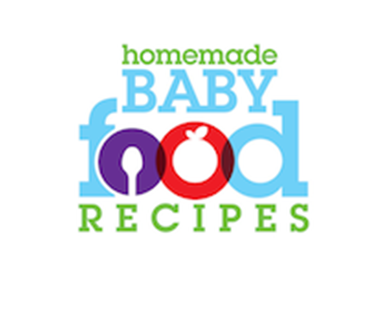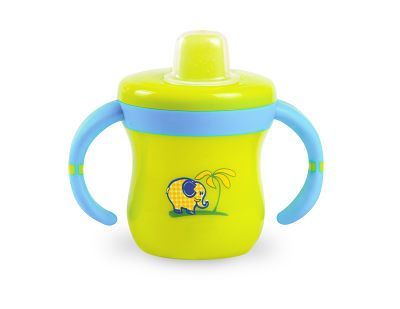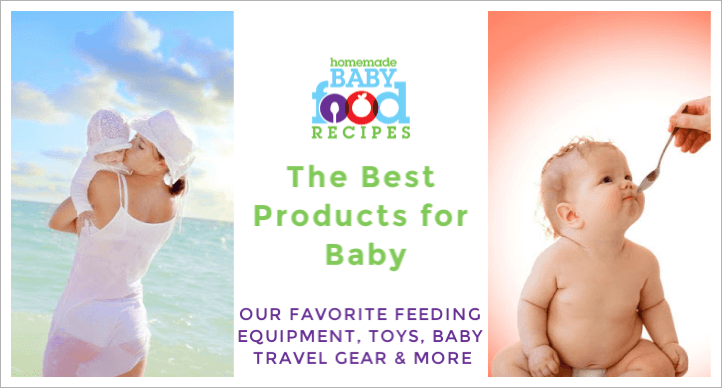Giving Baby Juice – Your Questions Answered
When can baby have juice? It’s a common question, yet giving baby juice is not as healthy for him as many parents believe.
While fruit juice may offer some benefits to your baby’s diet,there are some aspects of giving juice to your baby that are not so beneficial… despite what the baby juice manufacturers will tell you!
IMPORTANT: The information given here is meant as a guide and does not replace professional medical advice. Please discuss the introduction of any new foods or drinks with your baby’s doctor.
Giving baby juice before 6 months of age
Both the American Academy of Pediatrics and the UK Foods Standards Agency state that you should not give your baby juice before he is at least 6 months of age.
Up to this stage, he is getting all the nutrients he needs for healthy growth and development from breastmilk/formula. Feeding baby juice can make him feel full and cause him to accept less milk, which will deprive him of these essential nutrients.
Giving baby juice at 6 months+
The American Academy of Pediatrics (AAP) policy statement, The Use And Misuse Of Fruit Juice In Pediatrics, discusses the pros and cons of including juice in baby’s diet.
It reveals that almost 90% of infants under 1 year of age are given juice – and that some babies are consuming more than 16oz per day.
These high figures may be due to the fact that many baby food companies make – and promote the use of – specially designed “baby juices”. Many parents are led to believe that these juices are a healthy choice for baby and will trust the manufacturers’ claims that this is the case.
Controversially, a major UK company launched a range of fruit flavoured water in 2004 and advertised it as being suitable for babies from 4 weeks of age – despite the UK’s Department of Health recommendations that supplemental fluids should not be given to infants younger than 6 months!
Clearly, it pays to be informed when thinking about giving baby juice… and there are several points that you may wish to take into account.
- In the US, the Food and Drug Administration (FDA) mandates that a product must be composed of 100% juice in order to be labelled as “fruit juice”. If a product is less than 100% juice, it must be labelled as a fruit drink, beverage or cocktail and must show the percentage of fruit juice it contains according to the FDA.
- Products containing less than 100% fruit juice often contain added flavours and sweeteners.
- Infant juices do not contain sulfites or added sugars and – although more expensive – are safer for baby than juices intended for adults.
- Only pasteurized juice is safe for babies.
- There are some health benefits derived from giving baby juice.The AAP policy’s section about the “Composition Of Fruit Juice” highlights that the amount of iron absorbed by baby’s body can double if fruit juice containing ascorbic acid is consumed alongside a meal. (The same, however, can be achieved by serving fresh fruit with meals).
- If you choose to give juice to your baby, you should serve it in a cup, never a bottle. This is to reduce the risk of tooth decay, which can be caused by the fruit sugars and acids “pooling” around your baby’s teeth. You should not allow your baby to sip juice throughout the day. (Click here for more information about caring for your baby’s teeth).
- UK guidelines recommend that you dilute juice for your baby – one part juice to 10 parts boiled, cooled water.
- Don’t offer juice before a solid meal – this can cause your baby to consume less of the essential fats, minerals, vitamins and protein needed for healthy growth.
- You should give baby no more than 4-6 oz of juice per day (this is roughly equivalent to 1 serving of fruit and this recommendation is based on a baby consuming less than 1600 k/cal per day).
- The consumption of large amounts of juice has been known to lead to malnutrition (due to the decreased intake of essential nutrients) and can also cause the body to absorb less carbohydrates.
- Too much juice can also cause tooth decay, diarrhea, gas/wind and abdominal discomfort.
There is no advantage to giving baby juice instead of whole fruit. In fact, fruit juice lacks the important fibre that whole fruit contains.
A healthier, cheaper (and much neglected) alternative to giving baby juice is to give him water.
Once you have introduced juice to your little one, it can then be hard to get him to switch to water – after all, juice is sweet, which is why babies like it so much. If you stick with water from the beginning, though, your baby won’t know what he’s missing!
See giving your baby water for more information about how and when to introduce extra fluids into baby’s diet.
Tips for introducing a sippy cup
More articles…
Introducing dairy foods to baby


